Covid-19: Hidden travel costs for Australian travellers when flying overseas
International travel is back, but some dirt-cheap flight and holiday packages being advertised have new hidden hefty price tags.
International travel is back, but some dirt-cheap flight and holiday packages being advertised have new hidden hefty price tags.
Holidays in a Covid-world call for pre-flight testing, beefed-up travel insurance policies, with repatriation provisions, and quarantining on arrival in certain countries, which can add around $1000 to the bill.
With the country’s border reopening on Monday to fully vaccinated Australians, travel experts say it is critical passengers do their homework.
“Lets face it, travel has become complex. Travellers need to pack patience along with their passport and travel insurance,” Director of Compare Travel Insurance Natalie Ball said.
“There is a possibility that an outbreak could occur while you are overseas and Australia may close its borders again.
“You may also need to cut your trip short or have to extend your overseas stay, so it’s a good idea to set aside additional funds.”
Here is what you need to know before you set foot on the plane.
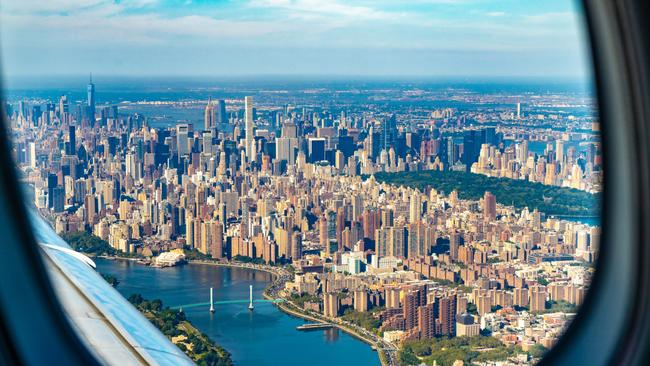
INSURANCE
Ms Ball said finding travel insurance that will cover Covid-related medical expenses overseas and cancellations for those who contract the virus can be difficult.
She added that not all travel insurance policies will cover Covid, while others may offer it as an added extra.
“Of those providing cover, all will cover your overseas medical expenses if you or your travelling companion are diagnosed with Covid,” she said.
“There is varying degrees of cover in terms of cancellations due to Covid. There is also cover for additional expenses such as meals and accommodation should you need to extend your stay or if you have to quarantine due to catching Covid.
“This is usually capped at around $2500 per policyholder. Some insurers allow you to choose the limit.”
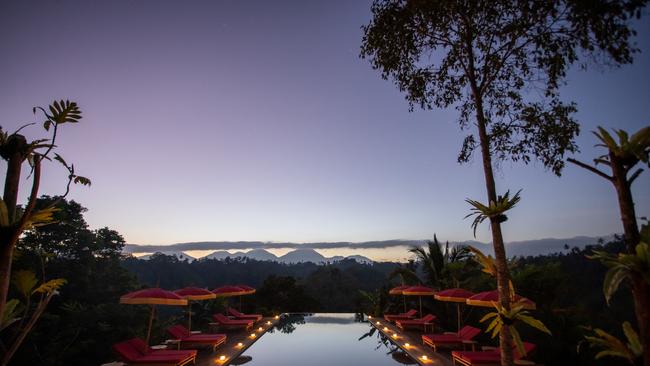
WHAT ISN’T COVERED?
Ms Ball said many travel insurers are working to improve and adapt their product offerings to the new reality of travel.
However, there are a number of things that cannot be covered by the policy.
“Quarantine and isolation costs you were aware of prior to buying a policy. Additional costs due to sudden border closers or government imposed restrictions and PCR tests and vaccinations are not covered,” she said.
“These are considered a standard and expected travel expense.
“If you also travel to a country with a Level 4 ‘Do Not Travel’ warning relating to Covid, that won’t be covered. Some insurers won’t cover Level 3 ‘Reconsider Your Need to Travel’.”
If you catch Covid while overseas and need to quarantine, the average cost will be around $2500. However, if your condition worsens and you require ICU, you could be forking out $40,000 per day in countries like the US, if you are not insured.
PRE-DEPARTURE TEST
Some countries and airlines require a negative Covid-19 PCR test at check-in in order to leave Australia.
Those aged five years or older are required to show proof of the negative test, which must be done no more than 72 hours before the scheduled departure of the flight.
This test costs at least $150 to $300 for a same day turnaround and some countries require a test on arrival.
When returning to Australia, everyone must have a negative PCR test within 72 hours of departure.
If the flight is delayed longer than the 72 hour window, the negative PCR test is still valid. But if the flight is rescheduled or cancelled, the traveller will have to take a new one.
WHERE DO I GET A PCR TEST?
The regular Covid testing centres can’t provide the documentation required for international travel — PCR tests are only available at private testing clinics.
There are a number of approved clinics, and they include those working with companies like Healius Pathology, Sonic Travel Testing, and SAFEWORK Laboratories. These three companies use labs under different names and at various locations throughout the country.
Travellers apply to one of the companies for a referral and then visit the nearest centre at the appropriate time, and they’ll email through the result.
WHERE CAN YOU GO?
United Kingdom
Fully vaccinated Australians will be able to travel to the UK without having to quarantine.
Before boarding your flight to the UK, travellers must be able to provide proof of a negative PCR test result, which must have been taken within three days of departure.
Travellers will also need to complete a passenger locator form before leaving Australia, along with booking and paying for a PCR test. This test will need to be taken within 48 hours of your arrival in the UK.
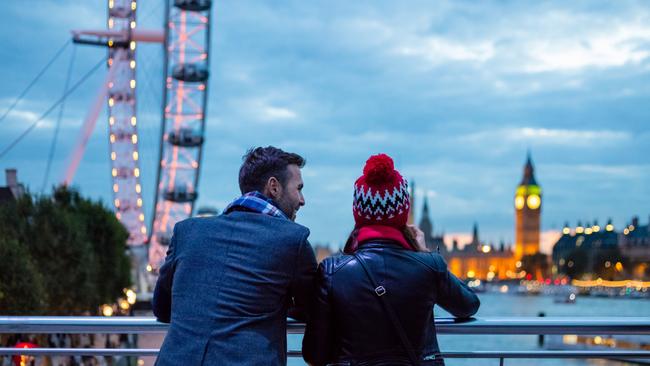
US and Canada
Fully vaccinated Australians will be able to travel to the US and Canada without having to quarantine from November 8.
Before boarding your flight to the US or Canada, travellers must be able to provide proof of a negative PCR test result, which must have been taken within three days of departure.
Once arriving in the US or Canada, travellers are not required to complete another Covid-19 test.
Singapore
Fully vaccinated Australians will be able to travel to Singapore without having to quarantine from November 8.
Before booking a trip, travellers will need to apply for a Vaccinated Travel Pass (VTP) to enter as a short-term visitor under Singapore’s Vaccinated Travel Lane.
In order to secure this, Australians must have travel insurance with a minimum coverage of $30,000 against Covid-19 related medical charges.
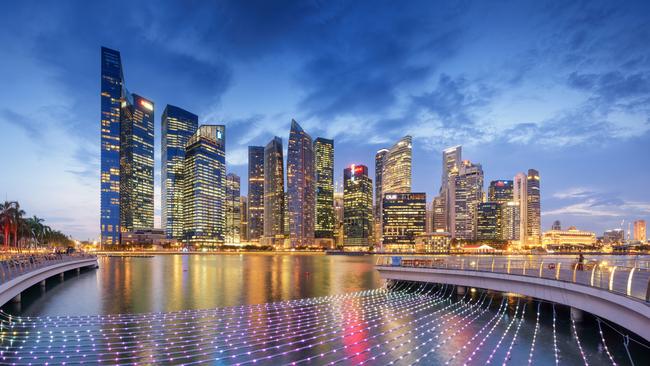
Once booked, travellers must be able to provide proof of a negative PCR test result before boarding the flight, which must be taken within 48 hours of departure.
Upon arrival in Singapore, travellers are required to have another paid for PCR test at the airport.
After this, travellers will have to stay in a hotel approved by Singapore health authorities for one night until they receive a negative test result. Australians must pre-book the accommodation room.
Thailand
Fully vaccinated Australians will be able to travel to Thailand without having to quarantine.
Before boarding a flight to Thailand, travellers must be able to provide proof of a negative PCR test result, which must have been taken within three days of departure.
They must also provide proof of a fully paid booking for their first night’s stay at government-approved hotels while they wait for a negative result from a PCR test taken upon arrival.
Travellers must also register their details at the Thailand Travel Pass website at least seven days before departure and purchase a minimum $66,000 travel insurance to cover potential medical expenses, including Covid-19 treatment.
FIJI
From December 1, Fiji is reopening its borders to fully vaccinated Australians.
Before boarding a flight, travellers must be able to provide proof of a negative PCR test result, which must have been taken within three day of departure.
On arrival, all travellers must download the careFIJI app onto their phones and head straight to their hotel, where they will spend their first three nights quarantining. Accommodation must be pre-booked.
After a negative rapid antigen test, which is taken after 48 hours in the country, travellers can begin their holiday.
A rapid Covid-19 test costs around $22 but some PCR tests can cost up to $225.
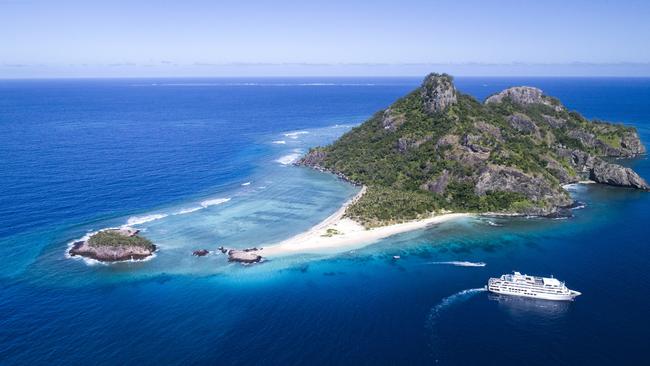
RETURNING TO AUSTRALIA
Fully vaccinated Australians returning back into the country will not be required to quarantine in hotels or at home on arrival into NSW, Victoria and the ACT. Children under 12 will not be treated as unvaccinated.
However, passengers won’t be allowed on the plane home without a negative PCR test, which must be taken three days before travel.
For the rest of the states, quarantine is still mandatory.







